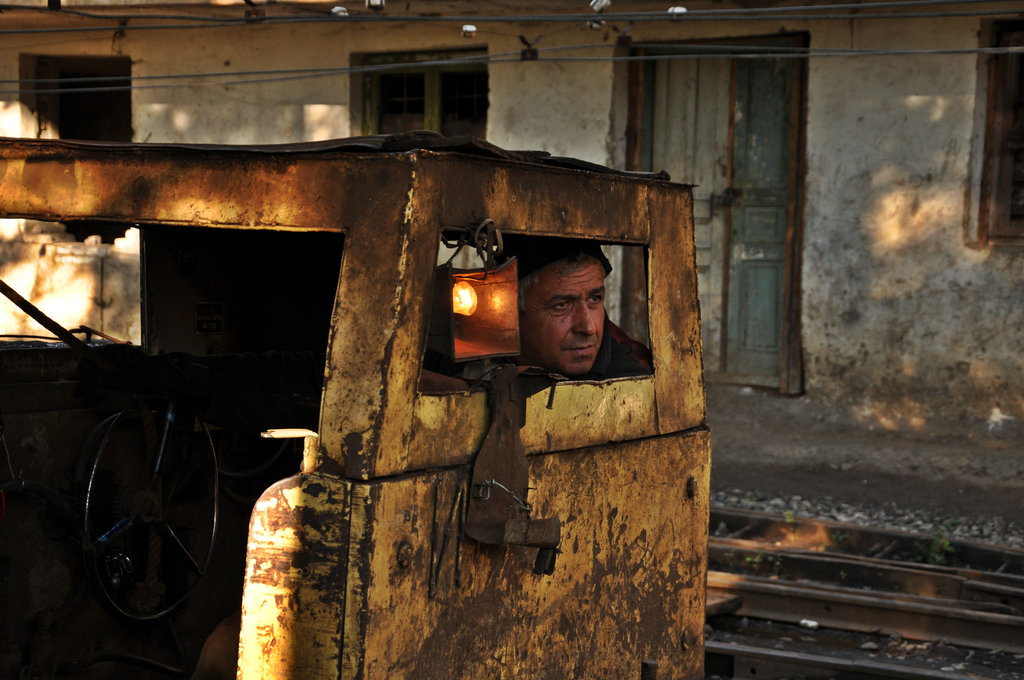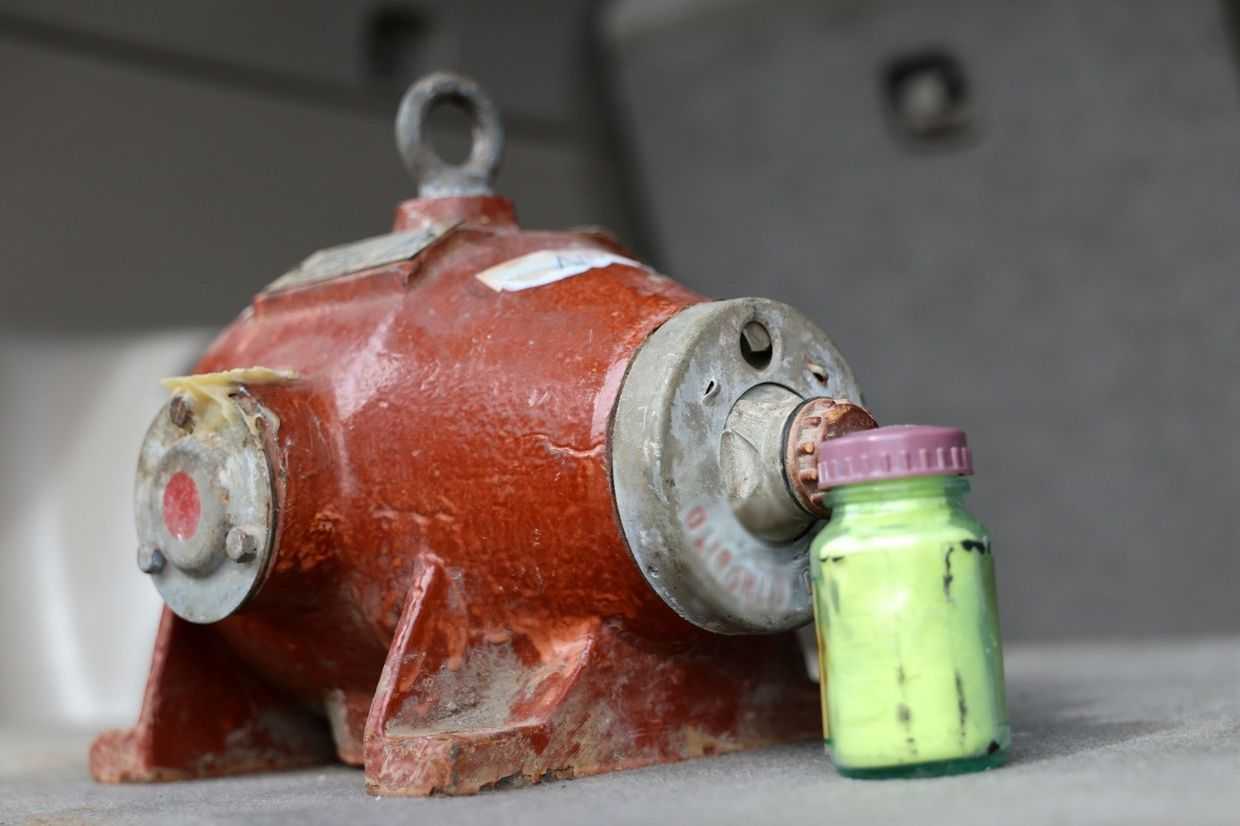

Georgia has adopted a new law on occupational safety granting inspectors new powers to inspect all workplaces in the country without a court order or giving prior warning.
The bill, which was supported by the ruling Georgian Dream Party, also envisages reforming the labour safety inspectorate as a ‘more autonomous’ agency.
MPs voted in favour of the law on Tuesday, replacing the old bill with a new, organic law.
The previous law, adopted in March 2018, covered only 11 hazardous sectors, requiring companies operating in those sectors to register with the justice ministry.
Under the new law, passed by 78–0 in favour, all sectors both public and private will be subject to safety inspections.
The law also broadened the mandate for the Labor Conditions Inspection Department, a supervisory agency established in 2015 that is currently under the labour and social affairs ministry.
The department is also responsible for combating people trafficking and labour exploitation as well as labour safety.
A December 2018 report by a group of leading civil society organisations criticised Georgia’s lack of progress in labour rights, indicating that the labour inspection authorities enjoyed no access to workplaces without a court order and a notification about an alleged violation from a third party.
From 1 September, the department will have the authority to examine working conditions of any entity for labour safety standards without prior warning or a court order.
The labour inspection department will have the power to issue warnings or fines from ₾100–₾50,000 ($40–$20,000) to employers. Under the current law still in effect, the Labor Inspection Conditions Department’s judgement does not oblige an employer to act after being warned.
Certain employers will be obliged to train employees about the risks of their work and safety procedures. Entities in certain sectors with 20 or more employees will have to employ at least one occupational safety specialist. For smaller enterprises, the employer themselves can take on the role if trained in accordance with state-accredited safety programme.
The new changes will make it an administrative offence to obstruct inspectors’ access to a workplace, to fail to report a workplace accident or to fail to implement changes. The department will also have the power to suspend the operation of an enterprise for severe violations.
In its 2019 state budget, Georgia increased the budget of the Labor Inspectorate to ₾1.5 million ($560,000), up from ₾910,000 ($340,000) in 2018.
[Read from Human Rights Watch on OC Media: Opinion | A narrow definition of safety harms workers in Georgia]
‘Georgia needs stronger labour rights’
Dimitri Tskitishvili, an MP from the ruling Georgian Dream party and one of the authors of the bill, told OC Media that the new law had a narrow, specific aim to address workplace safety regulations.
‘Otherwise, I do share the sentiment that Georgia needs stronger labour rights’, Tskitishvili said.
He said that the protection of other basic labour rights, such as ‘salaries and overtime pay, the right to collective bargaining, and others’, need to be addressed separately, and that it was his party’s intention to work on new amendments to the Georgian labour code this year.
[Read more on labour rights in Georgia’s service sector on OC Media: Working 24 hours straight in Georgia’s supermarkets]
Tskitishvili told OC Media that the biggest resistance to the new law came mainly ‘from the business sector’ which, according to him, claimed the changes were ‘too premature’ and that that labour safety inspectors with unlimited access could disrupt operations.
He said the new law requires every entity in the economy to hire a labour safety specialist, but whether this means hiring full-time staff or a consultant would depend on the enterprise.
According to Tskitishvili, new labour inspectors would prioritise areas of the economy with a higher risk for workers, but would not exclude any areas.
Moreover, he told OC Media that the new law also obliges the government to prepare a bill to establish a ‘stronger, more autonomous’ labour inspectorate as a stand-alone government agency.
Labour rights in the spotlight
In recent years, workplace safety has gained public attention in Georgia, with several protest rallies by workers, activists, and unions following workplace accidents.
Data obtained by OC Media from the Ministry of Internal Affairs shows that in 2010–2017, 359 people were killed and 984 injured in workplace accidents.
[See in pictures: Georgia’s deadly construction sites]
Promoting safe and secure working environments for workers through an effective state supervisory mechanism for labour inspection was among the obligations Georgia undertook as part of the EU-Georgia Association Agreement, which was signed in 2014.
The agreement specifies that the Georgian government must not ‘fail to effectively enforce […] labour law as an encouragement for trade or investment’.
Labour rights advocacy group the Human Rights Education and Monitoring Centre (EMC) have been critical of the government for citing possible negative effects on foreign investments and stagnation of economic growth as reasons for not enhancing occupational safety standards.









